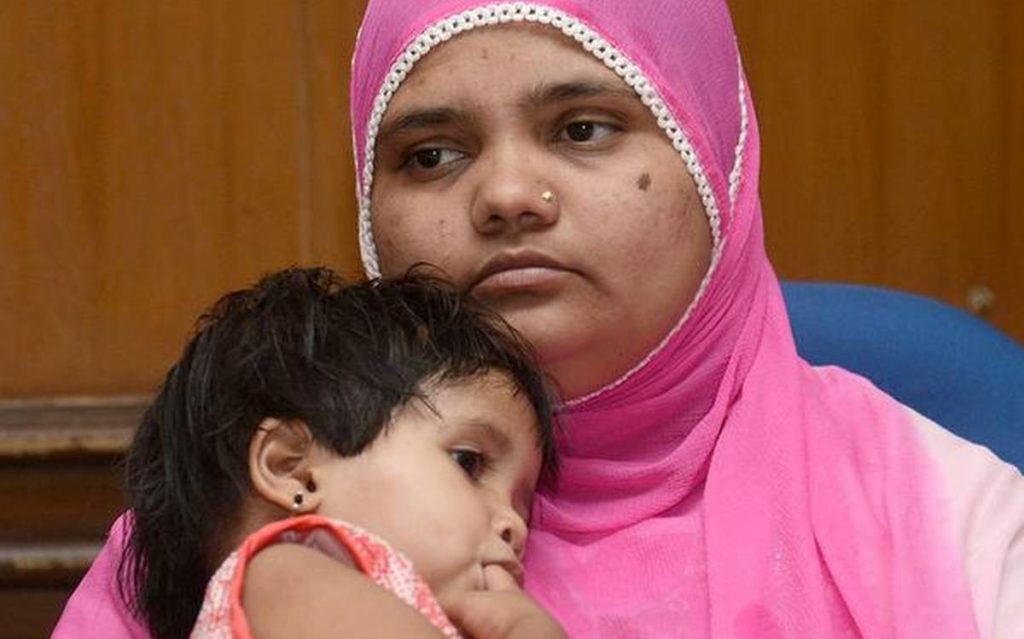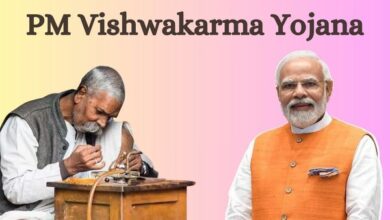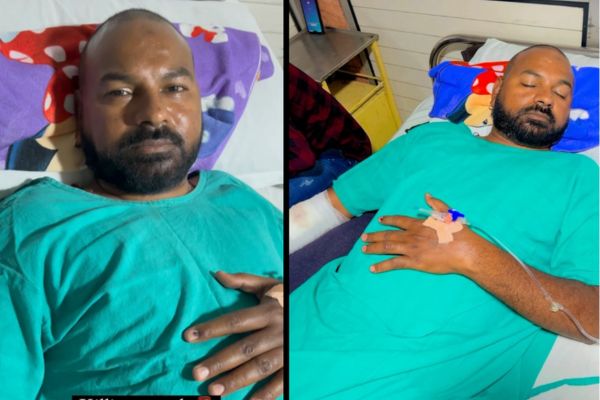This Monday on independence day, PM Modi encouraged the whole nation to make India a place where women can thrive. He said – “Can we not pledge to get rid of everything in our behavior, culture, and everyday life that humiliates and demeans women?”. As the day went ahead with the celebration of ‘Naari Shakti’ and the country’s independence, a Gujarat panel approved a plea deal of 11 convicts serving life imprisonment on the charges of gang rape of Bilkis Bano and murder. All 11 men were convicted of gang-raping Bilkis Bano and killing 13 family members as stated by the CBI report 2008.
As per the law policy, Convicts who are serving life imprisonment can be released after they served at least 14 years. They are granted remission, meaning “reducing the amount of sentence without changing its character”. For example, if you have served 3 years then by remission it is cut to one-year imprisonment.

Bilkis Bano gangrape case: Social Media on an uproar
As soon as the news came out of their release, Twitter went wild supporting rape survivors along with criticizing the decision. Plus, the photos of their family member welcoming the convicts with celebration, sweets, and charan sparsh outside Godhra jail added more fuel to the ongoing anger on social media.
The decision of the state government of releasing the convicts is receiving widespread criticism. As critics are pointing out that the convicts for assaulting Bilkis Bano are not eligible for remission based on the new policy of the Gujarat government but their case was under the 1992 policy as stated by the court.
In order to save the ongoing debate and set a strong example Supreme Court once again. To take a stand for the women of India who stood tall with their heads up while facing the wrath of society at the same time. The court must take an action to revoke the remission provided to all the convicts in Bilkis Bano’s case. Even after two decades after the incidents, all the convicts are allowed to live their life freely while police officer RB Sreekumar and activist Teesta Setalvad who fought for the side petitioner are still in jail. Their verdict became the base of the Bilkis Bano FIR. The Supreme court must reverse the case so that every person who has committed the crime knows their action is punishable and will never be reversed.

 PM Vishwakarma Yojana 2024: How to Apply Online; STEP-BY-STEP Guide
PM Vishwakarma Yojana 2024: How to Apply Online; STEP-BY-STEP Guide Pradhan Mantri Surya Ghar Yojana 2024: Scheme Details, Eligibility, Subsidy and How To Apply Online?
Pradhan Mantri Surya Ghar Yojana 2024: Scheme Details, Eligibility, Subsidy and How To Apply Online? BJP Youth Wing President Tejasvi Surya Nominated His Second-In-Command, Abhinav Prakash For A Debate With Rahul Gandhi
BJP Youth Wing President Tejasvi Surya Nominated His Second-In-Command, Abhinav Prakash For A Debate With Rahul Gandhi Haryana Free Scooty Yojana 2024: How to Apply Online?
Haryana Free Scooty Yojana 2024: How to Apply Online? Char Dham Yatra 2024 Starts: Online Registration, Routes, And Everything Important
Char Dham Yatra 2024 Starts: Online Registration, Routes, And Everything Important At UNGA, India Votes In Favor Of Palestine’s Bid To Become Full Member
At UNGA, India Votes In Favor Of Palestine’s Bid To Become Full Member Poonam Kasturi, Social Entrepreneur And Founder Of Daily Dump, Popularly Known As Compostwali, Dies At 61
Poonam Kasturi, Social Entrepreneur And Founder Of Daily Dump, Popularly Known As Compostwali, Dies At 61 Bhupendra Jogi Gets Attacked by Knives, Suffers Serious Injuries
Bhupendra Jogi Gets Attacked by Knives, Suffers Serious Injuries